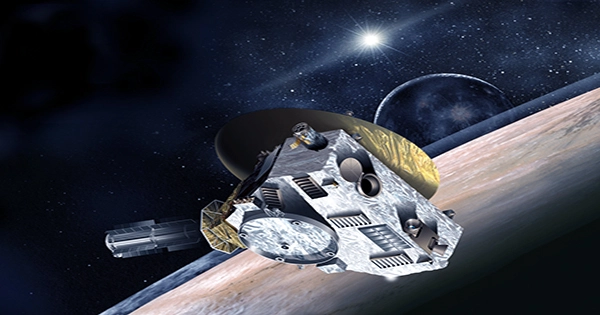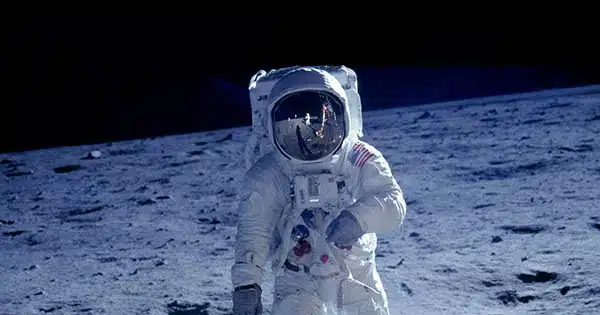The US has not landed a man on the moon since 1972, but that gap appears to be closing in the coming years.
NASA’s Artemis program aims to outperform the Apollo missions to the lunar surface in the 1960s and 1970s.
BIDEN BELIEVES THAT REMAINING SILENT ON THE INDICTMENT IS THE BEST WAY TO DEFEAT TRUMP.
The Orion spacecraft was successfully orbited and tested on its journey from Earth to the moon by Artemis I, an unmanned test mission to the moon.
The mission was delayed for months due to a variety of issues, including weather and problems with the rocket’s heating procedures. It finally took off on November 16, 2022, and landed in the Pacific Ocean on December 11, 2022.
Artemis II is now scheduled for 2024 and will be the first manned journey around the moon in over a half-century, however, no astronauts will land on the lunar surface.

During the 10-day manned mission, astronauts will test the capabilities of the Orion spacecraft while they orbit the moon. The mission will also “validate the capabilities and techniques needed for humans to live and work in deep space.”
In April, NASA revealed the Artemis II crew, which includes NASA astronauts Reid Wiseman, Victor Glover, and Christina Koch, as well as Canadian astronaut Jeremy Hansen.
“The Artemis II crew embodies thousands of people who have worked tirelessly to bring us to the stars.” “This is their crew, our crew, humanity’s crew,” NASA Administrator Bill Nelson said at the time in a statement.
The next manned mission to land on the moon’s surface is Artemis III, which is presently slated for 2025.
Artemis III is the first in a planned series of lunar landings by the space agency, which will also include Artemis IV and V in 2028 and 2029, respectively. SpaceX is developing the human landing system for the Artemis III and IV missions, while Blue Origin is developing the human landing system for the Artemis V mission.
NASA will announce a crew for missions succeeding Artemis II in the future V.
The Artemis program is intended to land men and women on the moon, but it also has an eye on a future manned expedition to Mars. According to NASA, the skills learnt during the Artemis moon missions will be employed for future Mars expeditions.
“We are living in a golden age of human spaceflight, made possible by NASA’s commercial and international partnerships.” “Together, we are investing in the infrastructure that will pave the way for the first astronauts to land on Mars,” Nelson said in a statement announcing Blue Origin’s selection to build a human landing system for Artemis V.














